Research associate
Leif studied Physics at the University of Hamburg and Uppsala University (1996-2001), culminating in a diploma thesis on polarizable potential functions in molecular dynamics simulations.
His doctoral research (University of Göttingen, University of Bremen, 2001-2004) transitioned from theoretical physics to experimental work, where he developed a method and instrument for the local chemical modification of surfaces using enzyme-functionalized AFM probes.
After completing his PhD, Leif worked at a startup developing automated force spectroscopy instrumentation for biomolecules and polymers.
In 2008, he moved to industrial development, creating precision thickness gauges for milled goods based on radiometric and laser measurements.
Returning to academia in 2011, he joined the Max Planck Institute for Meteorology, providing instrumentation for laboratory and field research.
Since July 2018, Leif has been working with the chair of Prof. Cuniberti on nano-material based sensors.
Leif has a strong background in electrical engineering and holds several patents in a variety of disciplines.




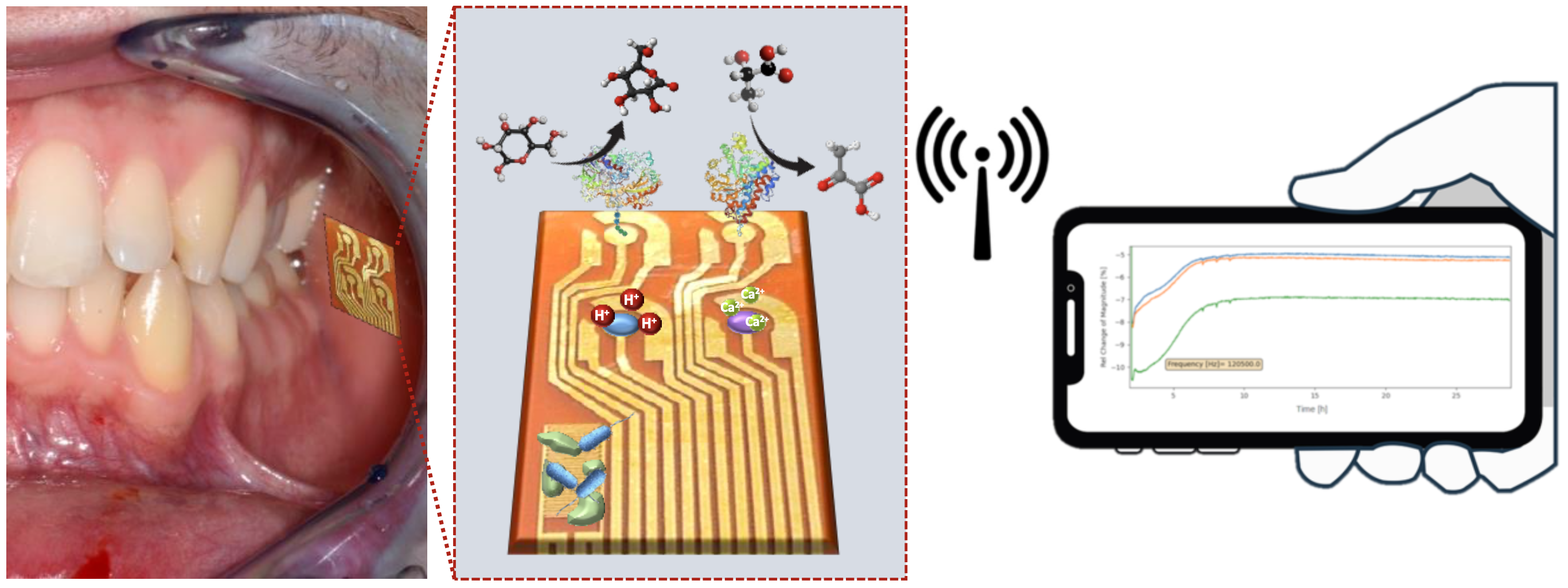





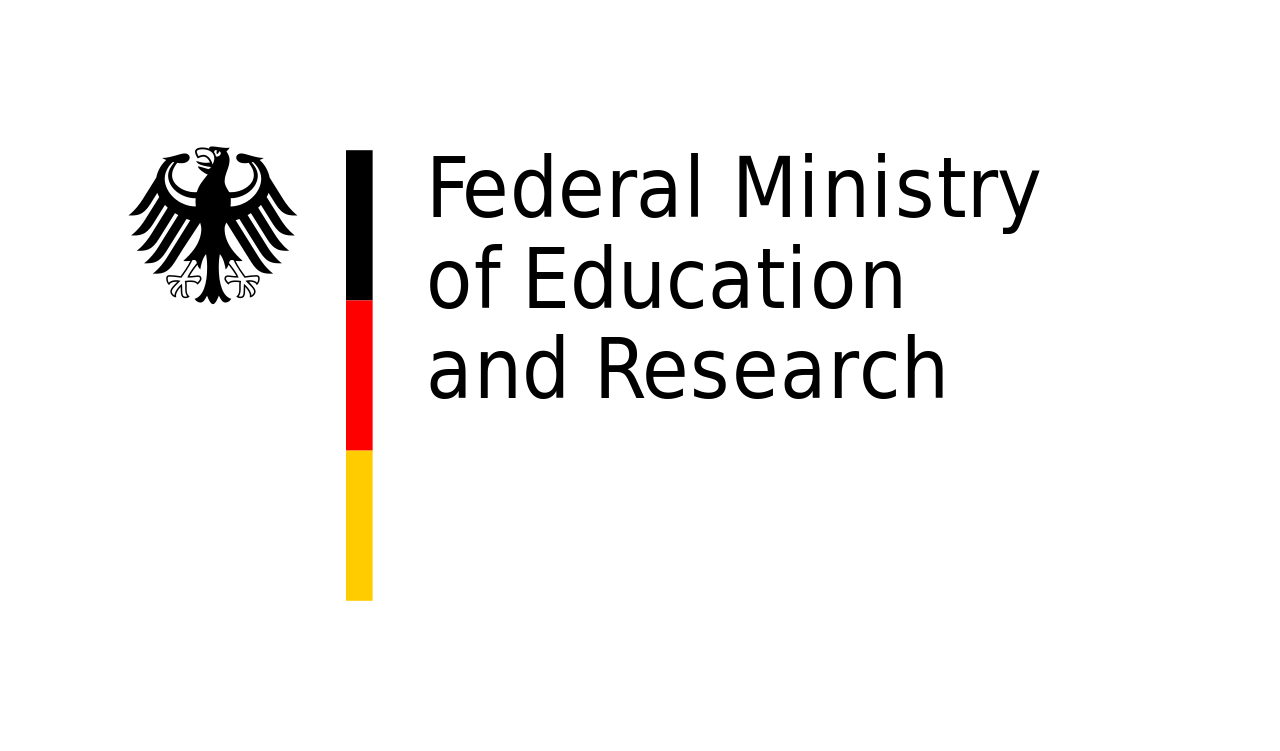















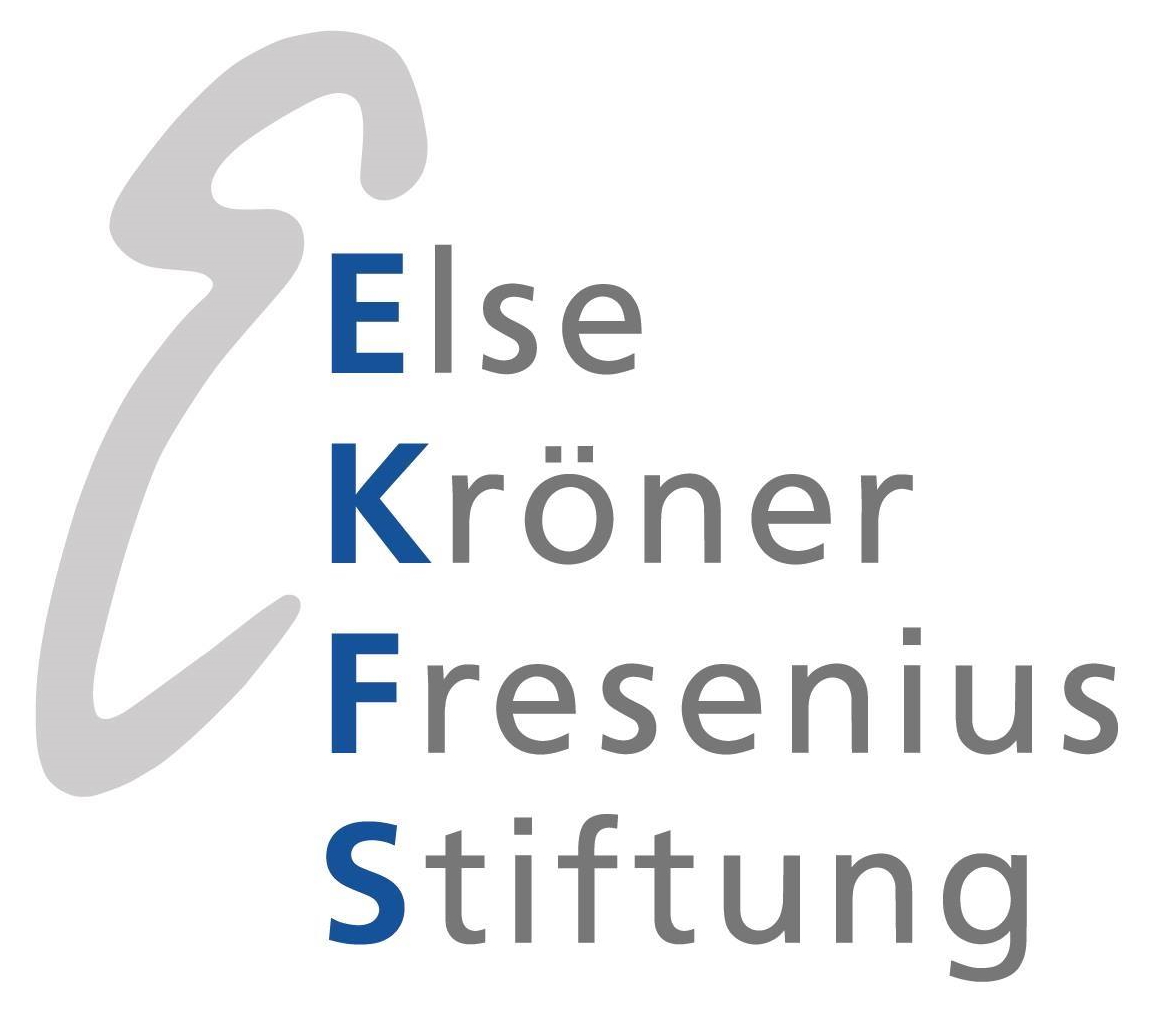

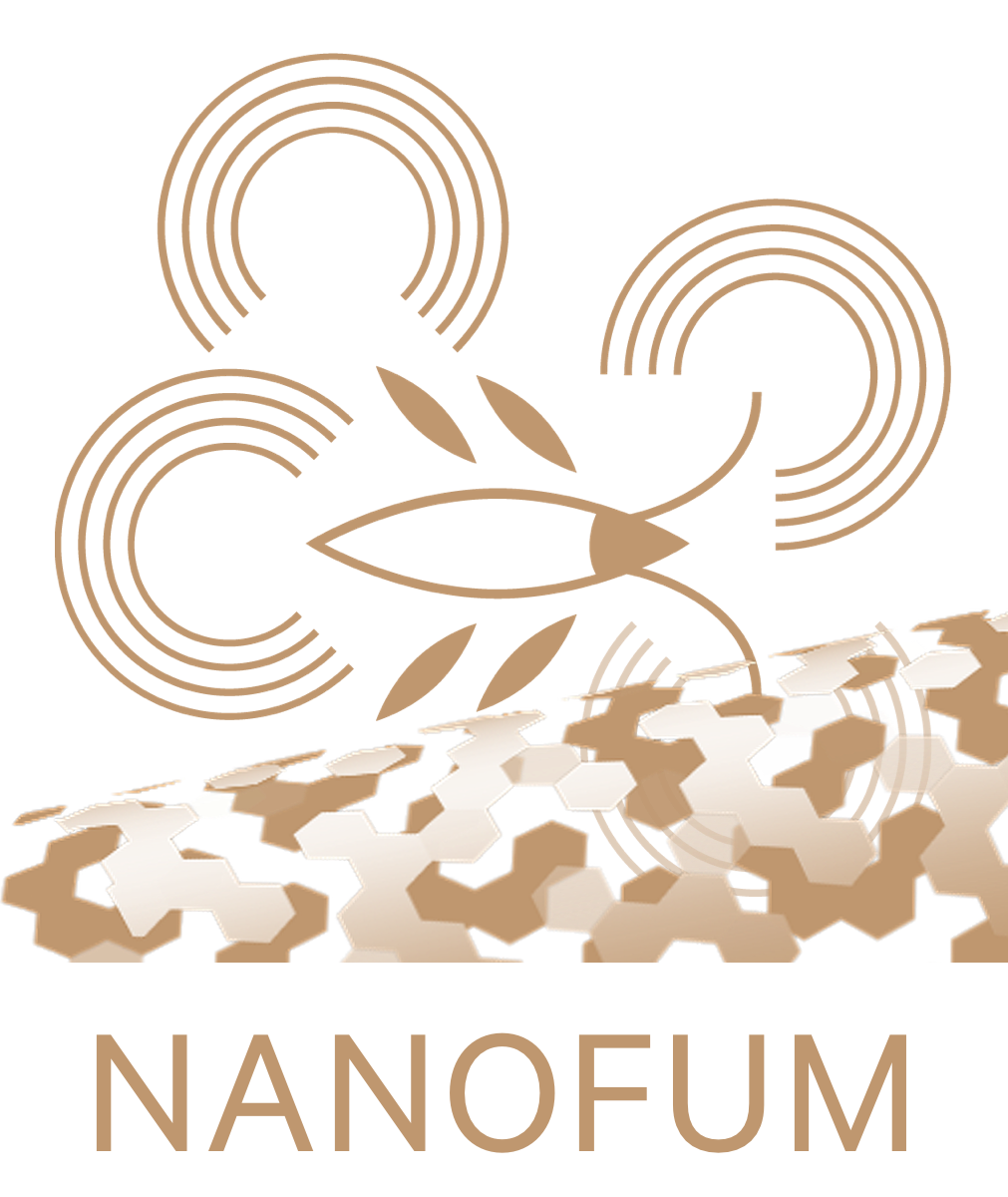



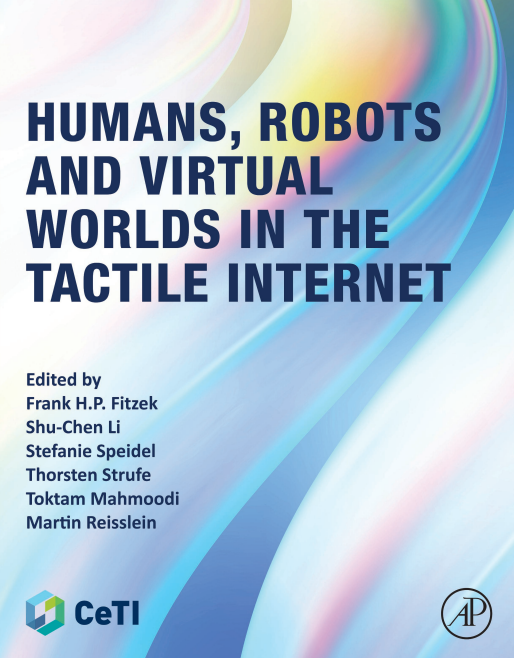

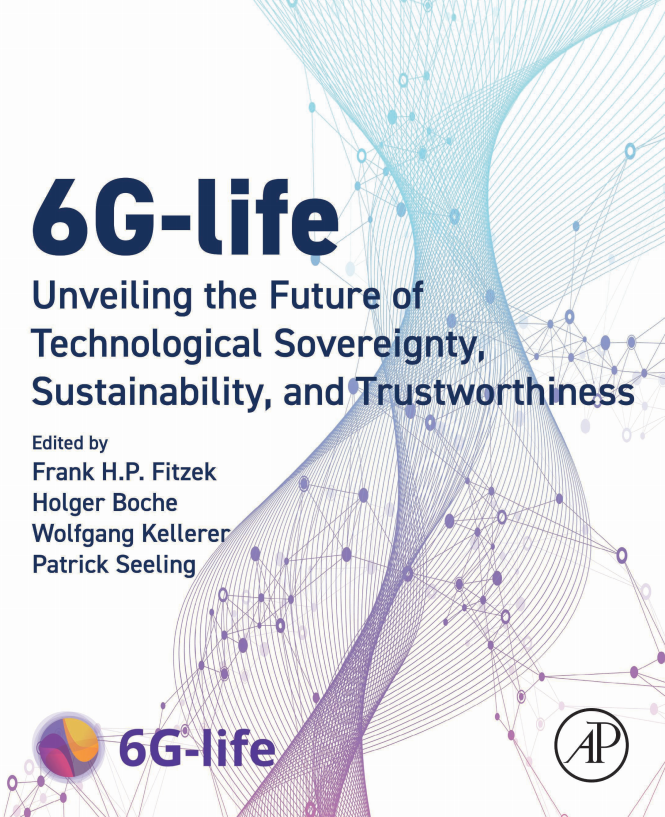

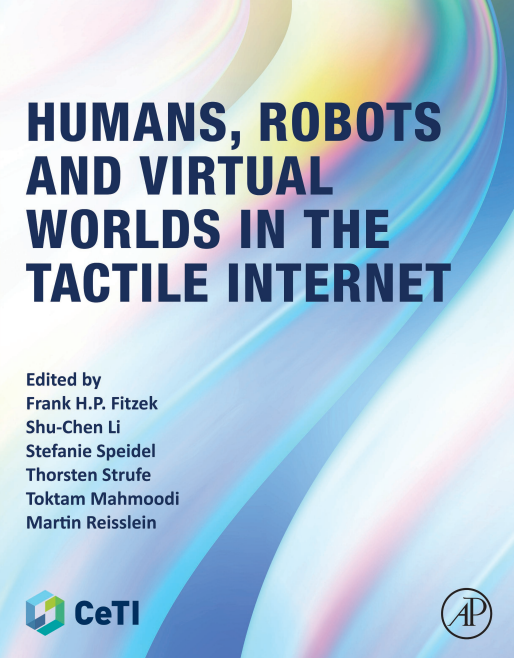

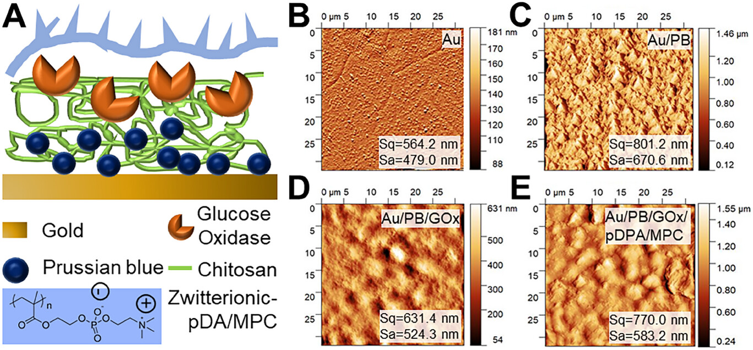

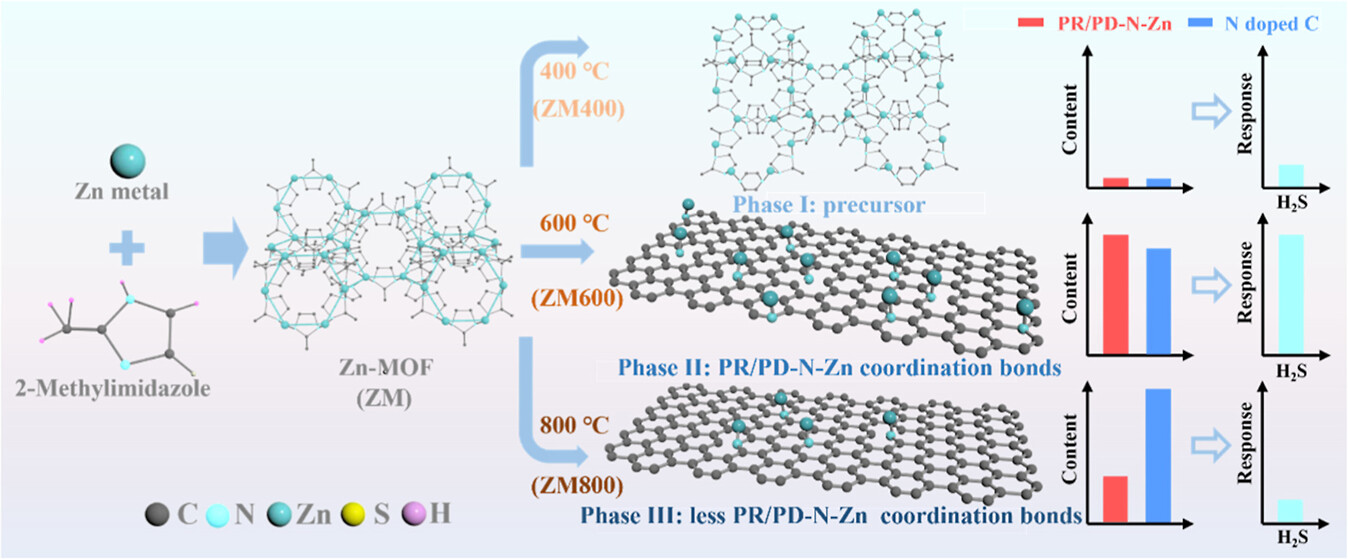



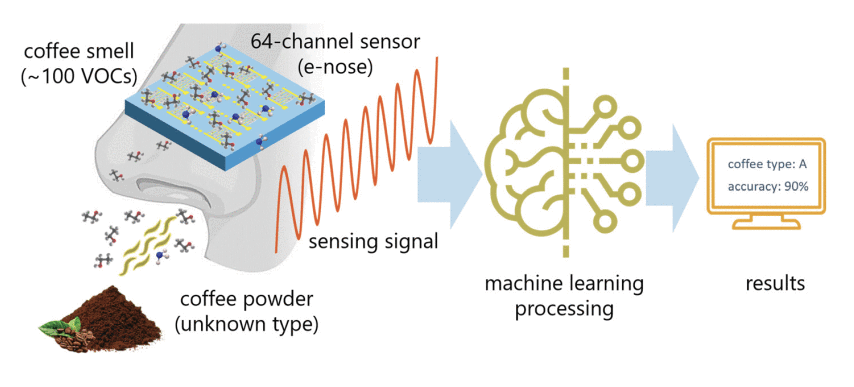

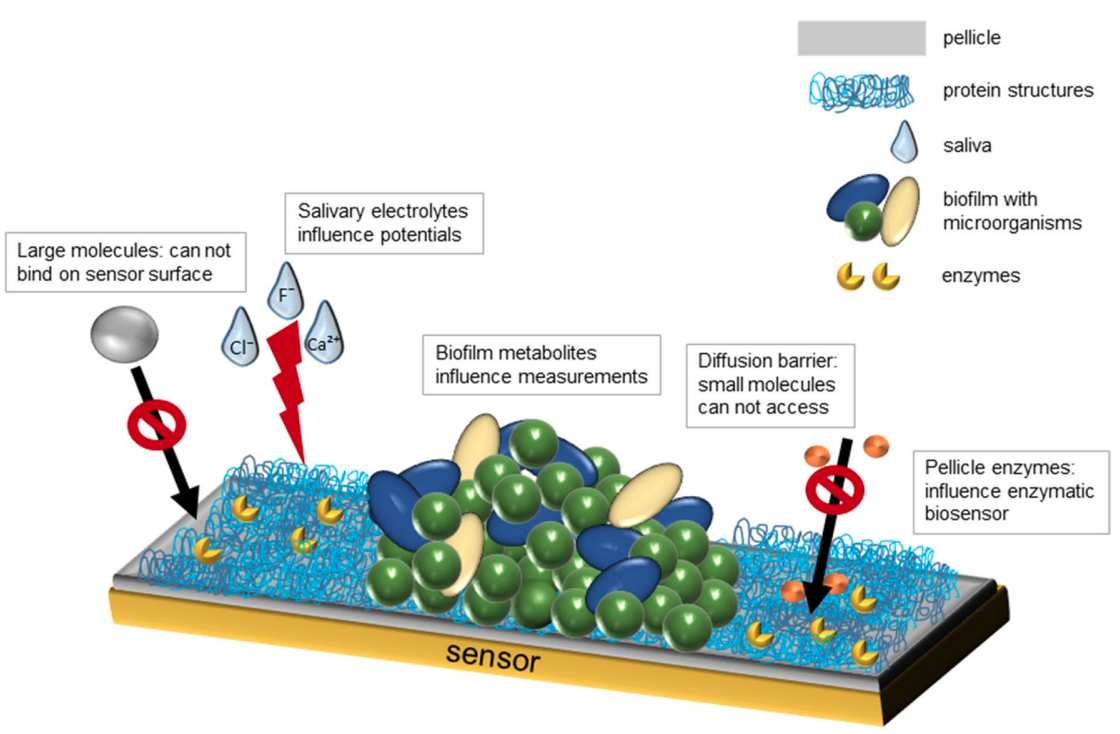

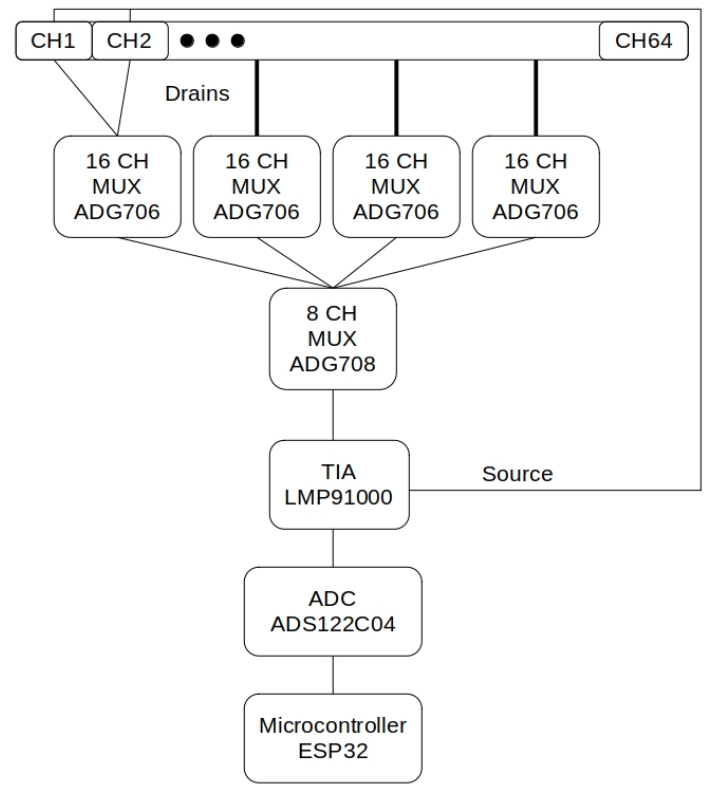

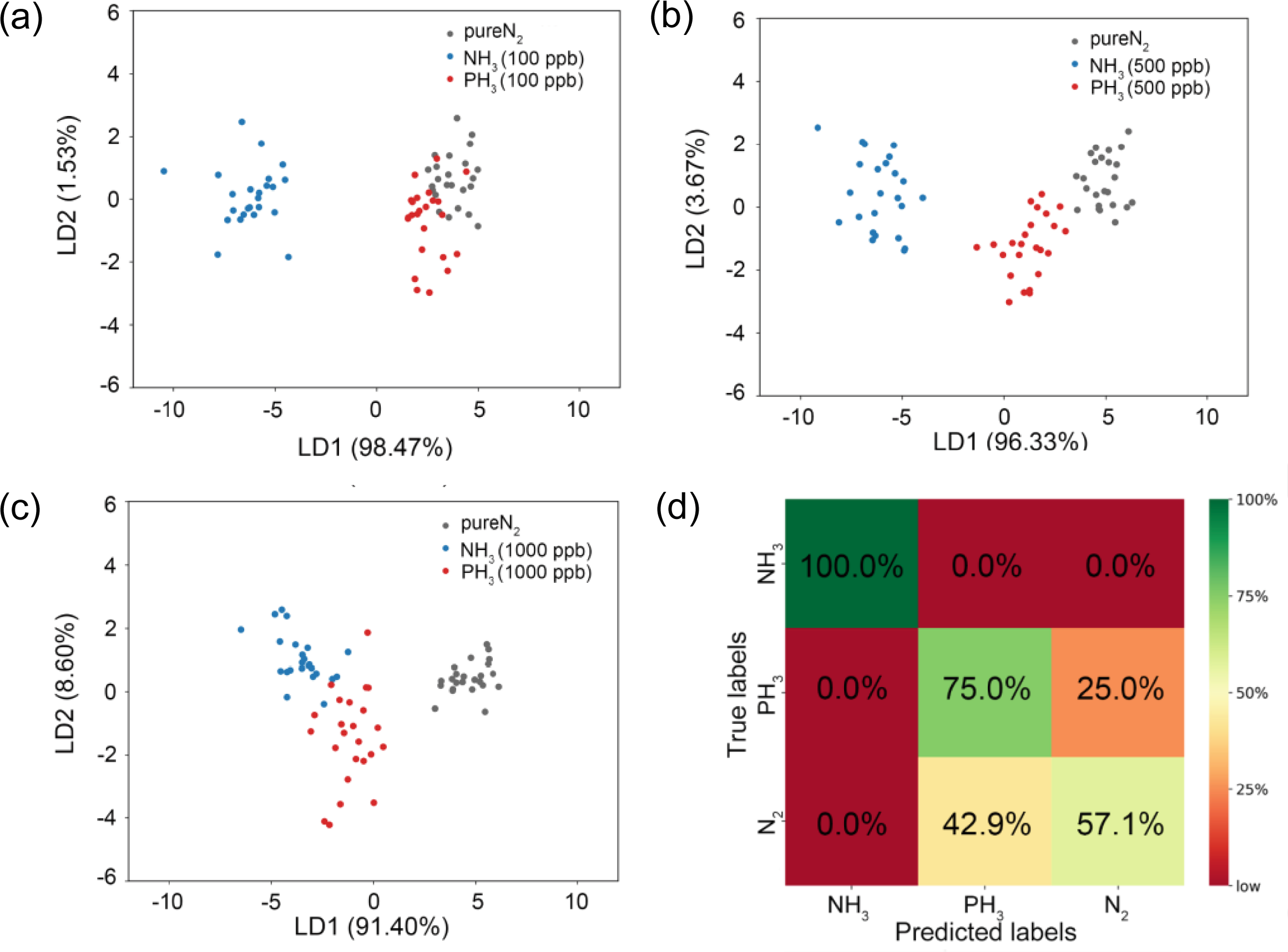

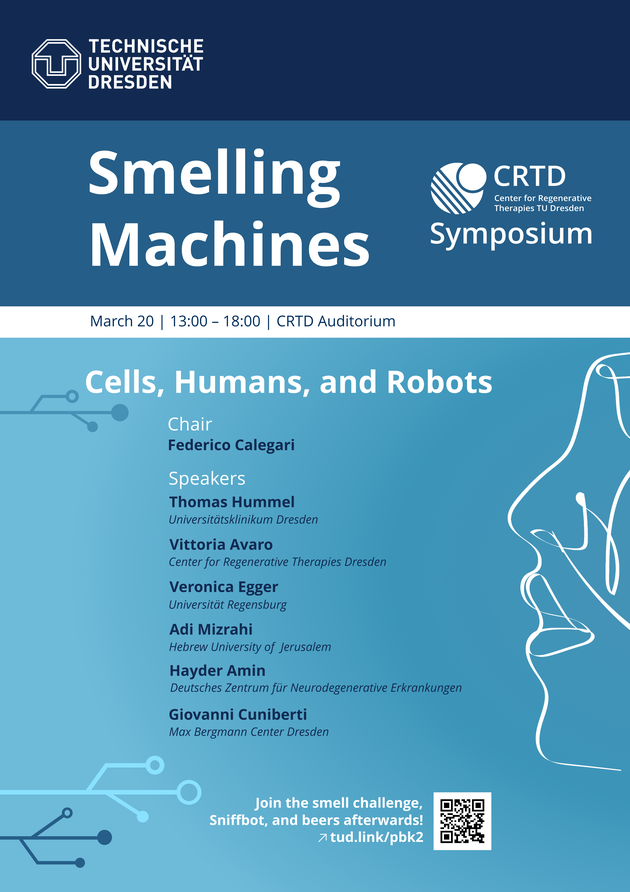



Research associate
Leif studied Physics at the University of Hamburg and Uppsala University (1996-2001), culminating in a diploma thesis on polarizable potential functions in molecular dynamics simulations.
His doctoral research (University of Göttingen, University of Bremen, 2001-2004) transitioned from theoretical physics to experimental work, where he developed a method and instrument for the local chemical modification of surfaces using enzyme-functionalized AFM probes.
After completing his PhD, Leif worked at a startup developing automated force spectroscopy instrumentation for biomolecules and polymers.
In 2008, he moved to industrial development, creating precision thickness gauges for milled goods based on radiometric and laser measurements.
Returning to academia in 2011, he joined the Max Planck Institute for Meteorology, providing instrumentation for laboratory and field research.
Since July 2018, Leif has been working with the chair of Prof. Cuniberti on nano-material based sensors.
Leif has a strong background in electrical engineering and holds several patents in a variety of disciplines.























































